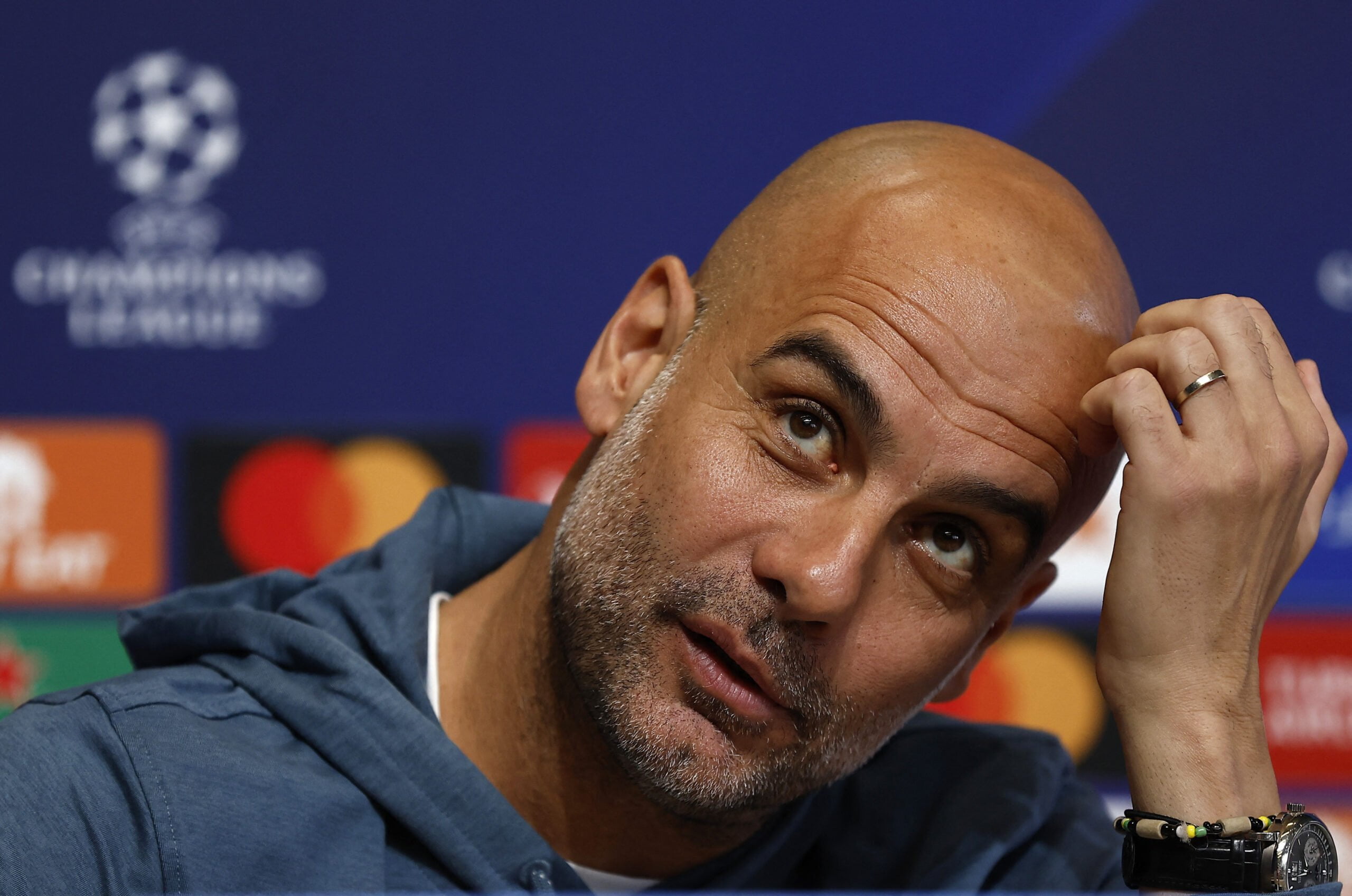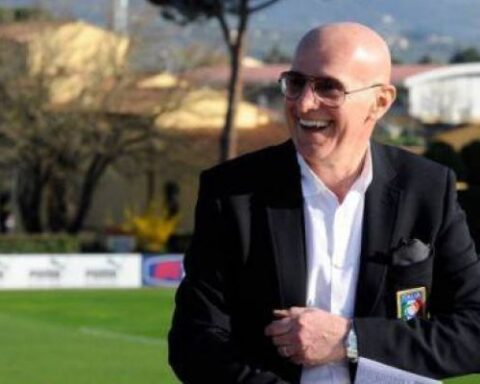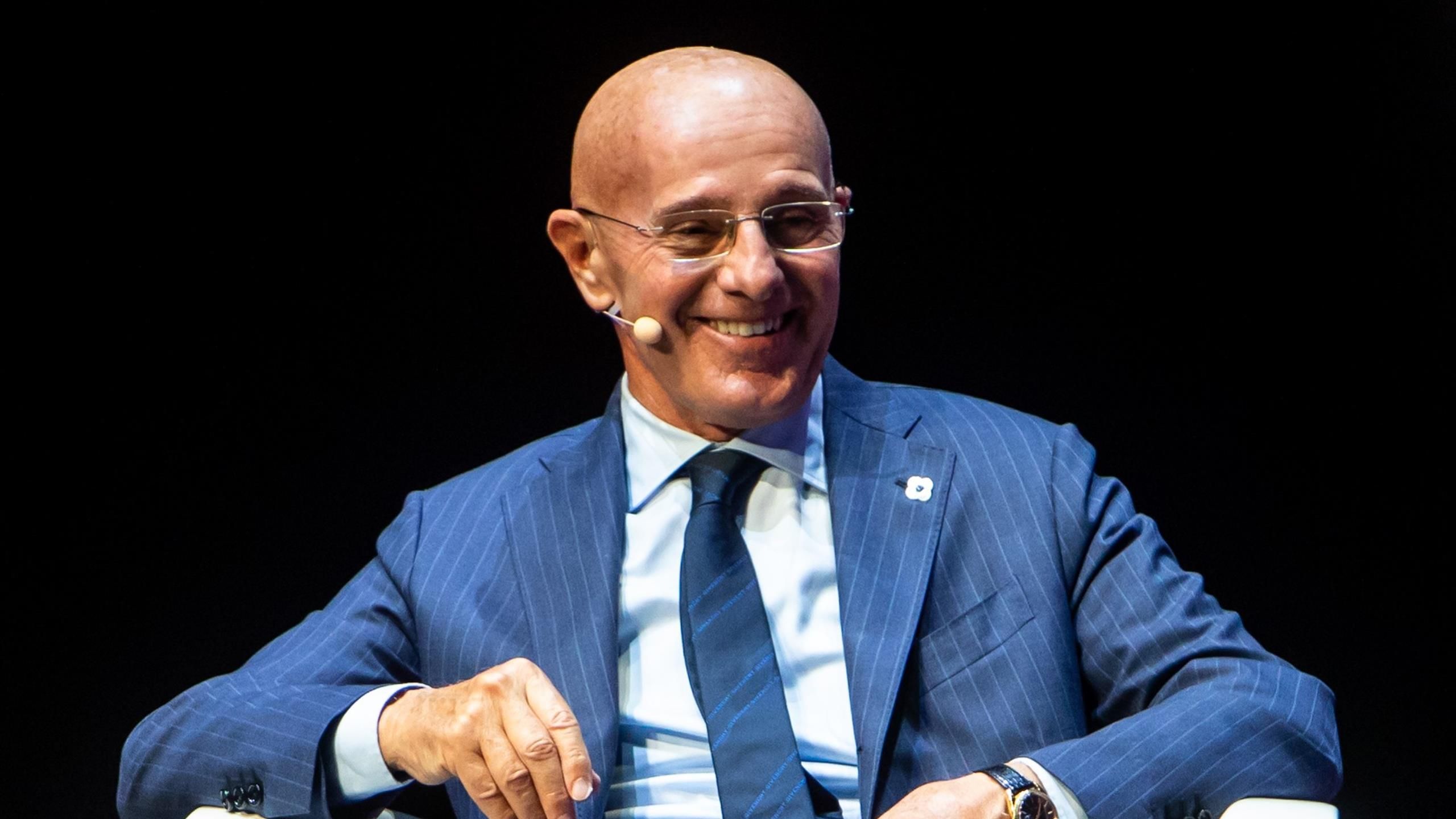Manchester City coach Pep Guardiola wrote a lengthy article for La Gazzetta dello Sport, explaining how Arrigo Sacchi changed the face of football.
“The first time I saw him was in 1987, I was a kid at the Barcelona academy. Milan had come to play in Catalonia for the return leg of the second round of the Uefa Cup against Javier Clemente’s Espanyol. Few people knew Italian football at the time, they were not used to seeing it on television as they do today. And nobody could have imagined that Milan, defeated by Espanyol, would win the Scudetto in Italy that year. One thing is certain, however: any Barcelona fan would have soon cheered for Arrigo’s team, which the following year met Real Madrid in the semi-finals of the Champions Cup. I let you imagine the celebration in my city after the 5-0 win at the San Siro. That’s the great thing about football, as long as the rivalry remains a healthy mockery, a moment of fun, and doesn’t erupt into violence. As icing on the cake, that Milan lifted the trophy right at Camp Nou, at home.
“Until his arrival in the world of football, the commonly held idea of Italian football in the world was: all at the back and God in front. That is why Arrigo’s turnaround is counter-cultural. His football had to be attractive, but also winning. And it was. I would have liked to see him coach for many more years because his method, beyond the titles, was studied by many, many coaches, myself included. And when that happens it means you have left something very special behind. Think about the management of the defensive phase, the offside, the setting up of a team projected forty metres ahead of all the others. It was a truly innovative system.
“All the players who had in mind to become coaches, once their careers were over, wanted to know his principles in detail. I was one of them. The first time I met Arrigo in person and had the opportunity to confront him was in Brescia, in 2001. At that time Sacchi was technical director of Parma, and we managed to invite him to lunch. I only wanted to talk about strategies, but… I’m afraid he was hungrier that day, because we spent more time eating than chatting about defensive lines or schemes! But he was really nice to accept the invitation, it was an honour for me to have lunch with him (and I took home some secrets!). In later years, when I became coach of Barcelona, we continued to talk to each other every now and then by phone, and this still happens today. The mutual esteem and affection are the same as always.
“Sacchi is also an example of education and style. If I think about my management of the group, for example, I believe that among the most important aspects of healthy coexistence is speaking well about people, and not badly. Your life improves when you speak well of the person at your side. The opposite of this is negativity that stems from bad feelings, and that does not bring anything good into a team. On top of that, you need sincere respect for those around you. From those who wear the starting jersey to those who massage the athletes’ muscles. We are all human beings, aren’t we? Arrigo treated his people equally, without favouritism, and in this way he made everyone feel important. We know, conflict exists and it is normal in relationships within a group, but if you treat the people you work with well, if you treat them as they deserve, the moments of crisis will be overcome and the team will continue to work great.
“Arrigo has won a lot. He could have won even more, with a longer career. But what is victory, after all? My Manchester City lifted the last Champions League, and of course everyone praised us. But we could also lose. The final, as I said in the post-match and even more recently, is a coin toss. I think it’s important to get there, to fight to always be competitive, then it depends on how that coin falls, what face it shows you. In the USA 1994 final of Sacchi’s Italy, it fell on the wrong side, as it did for us a few years ago against Chelsea. In the last one we came back to play, and this time it went well, even though it was tough, against a very difficult Inter side to play against, who play modern football, physically strong and very well coached by Simone Inzaghi.
“We coaches have the duty to make the boys understand that you are not only good if you win. It is very difficult today, given all the pressure we feel on them every day. But it’s like with our children: we can’t expect them to get top marks all the time, we can only encourage them to give it their all, to work hard. In life there are more defeats than victories, and as I get older I realise that maybe it is all already written. But that does not mean that you can lie on the sofa and watch events unfold. You have to work, work hard. That goes for any of us: the important thing is to find something we are passionate about, a job to love, and to do it to the best of our ability. I know Arrigo would agree. If you win, better. If you lose, you try again. Life always gives you a new chance tomorrow. Claro, defeat stings, especially in a final. You have to go through it, through that funeral, you will experience your bad days as is logical. But the sun eventually comes out. Always.
“I like to think of Arrigo Sacchi’s legacy, reflected in the many players from that Milan team who have become great coaches. It’s like that with the great ones: they teach you something special and make you understand that you too can do in turn what they are doing with you. They leave you with a gift, a knowledge that you will always carry with you. How many pupils of Johann Cruijff have become capable coaches? It happened because we really got to know the game, and we understood how to go on our way thanks to a fantastic mentor. Even when I think of my Barcelona, I am convinced that many players from those years can follow the same path. Xavi is already doing it, and so are Sergi Barjuan and Javier Mascherano, but Busquets can also become a great coach.
“Someone, Sacchi’s approach, has been reproposed even after so much time has passed. Today I see a more proactive Italian football, many coaches prefer to attack rather than wait for the episode or the opponent’s mistake. They want to be protagonists. The recent Scudettos of AC Milan and Napoli were won thanks to organisation, to a philosophy of play through which individual players on the pitch move ‘with the team, for the team, full-field and full-time’, to quote Arrigo verbatim. If I think of Spalletti, Sarri, De Zerbi who is doing an outstanding job here in England, but also the aggression, high pressing and movements that Pioli has shown, there are many fine examples that point to a bright future. I don’t know if Arrigo is as optimistic as I am, but he will certainly be pleased to see that so many coaches today have learned his lesson.”



